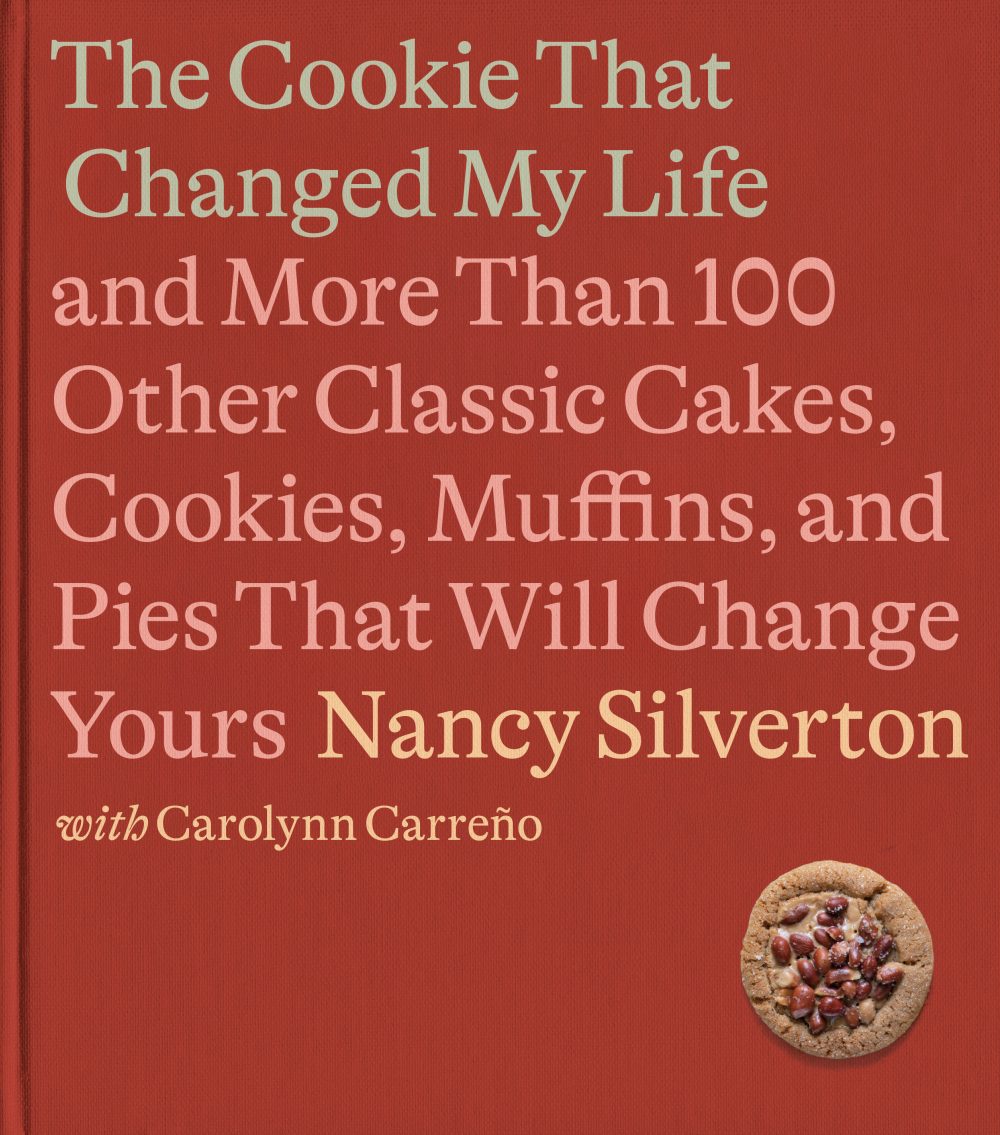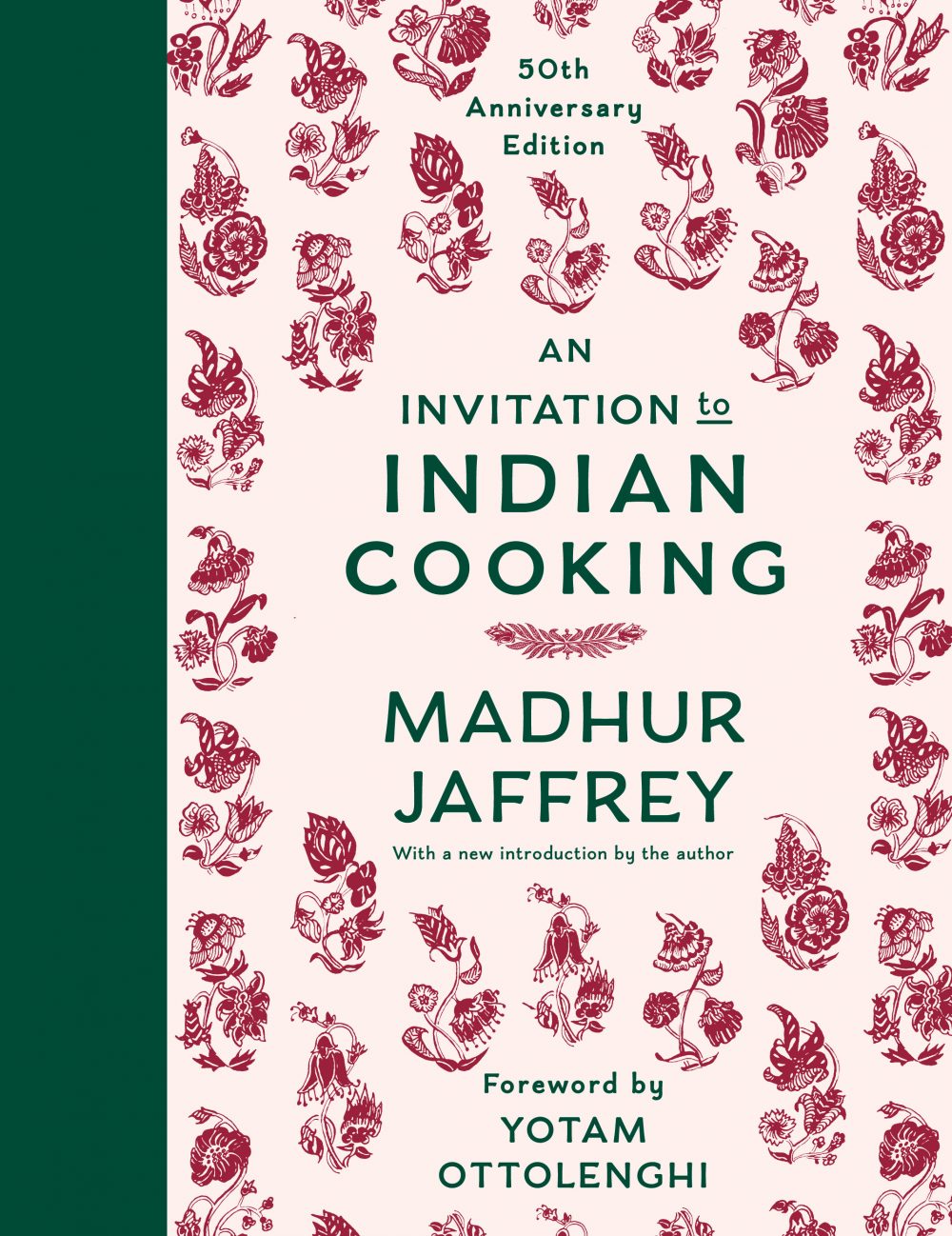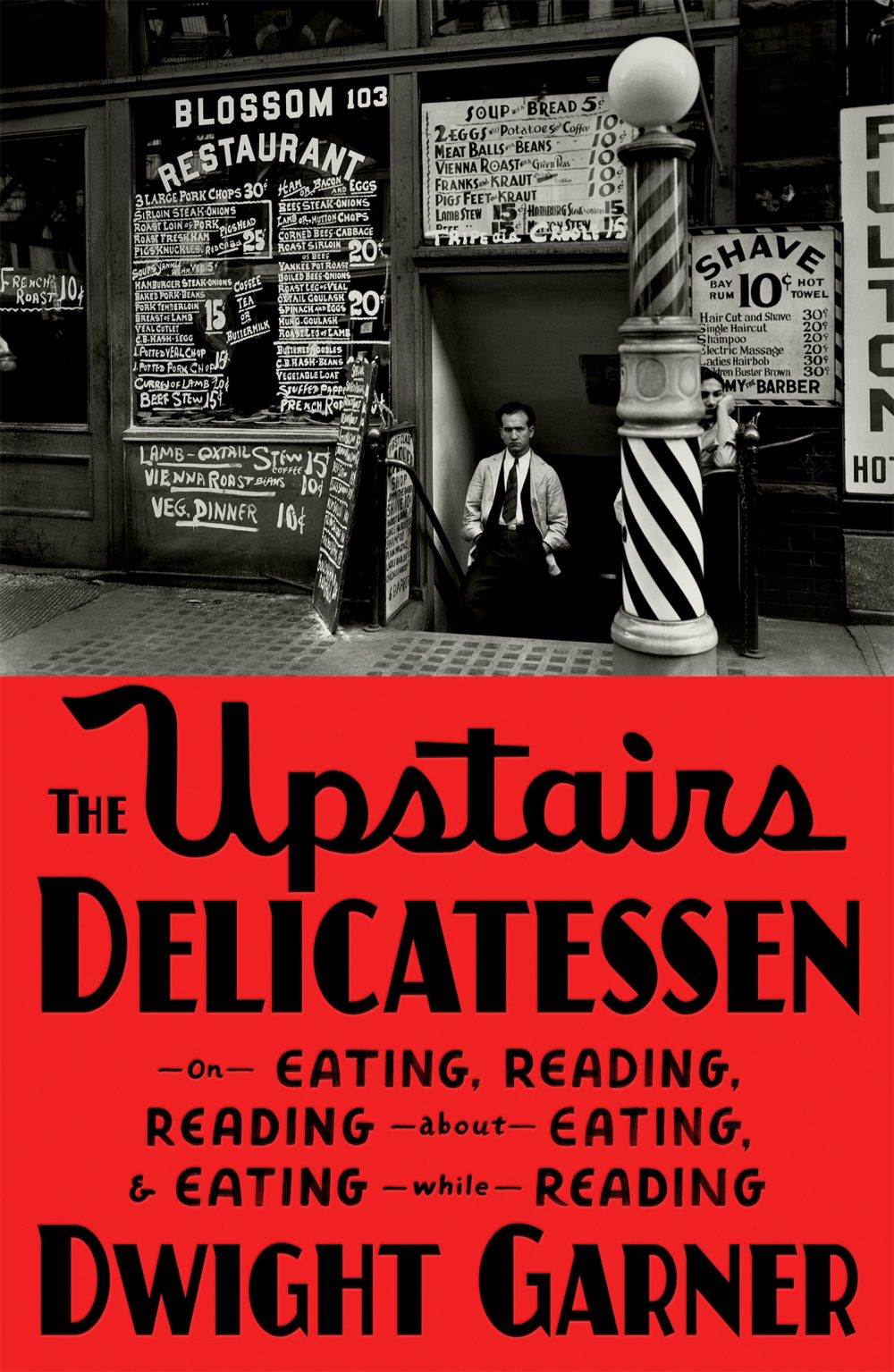The Cookie That Changed My Life
By Nancy Silverton
Nancy Silverton’s personal history would make a good TV series. She scrapped and scraped her way up the culinary ladder, starting at Michael’s in Santa Monica, and then as the first pastry chef at Wolfgang Puck’s Spago in 1982. She co-founded La Brea Bakery, the beginning of the artisan bread movement in Los Angeles, and then sold it, investing the money with Bernie Madoff. When her father, another Madoff investor, gave her the bad news, she didn’t cancel her reservation at the French Laundry that evening, and then went on to rebuild her life. “The Cookie That Changed My Life” reflects her spot-on sensibility about baking and perfection. These are the recipes that we want to make (chocolate chunk cookies, scones, crumb cake, etc.), each reconceived with a fresh eye to foolproofing and improving them. (She thinks that classic angel food is a tasteless foam and that corn muffins ought to actually taste like corn.) Many have trod this well-worn culinary path, but Silverton brings a fresh enthusiasm and knows how to dive deep without hitting her head on the rocks below. It’s culinary investigation at its best—honest, thoughtful and painstaking. It’s just the baking book that I wish that I had written.
Buy on Amazon
An Invitation to Indian Cooking: 50th Anniversary Edition
By Madhur Jaffrey
I cannot say enough about Madhur Jaffrey. In a recent interview, she revealed a richness of experience and a lust for life that is rarely equaled. She had childhood summer picnics in Kashmir at remote mountain waterfalls that ended with the cool nectar of sucking mangoes, a robust film career and a lifetime that spanned pre-WWII India through the tragedy of partition, and then on to the Royal Academy of Dramatic Art in London. And, at age 90, she recently appeared in a video for rapper Mr. Cardamom, who likens her to Lady Macbeth. Her first cookbook, “An Invitation to Indian Cooking,” was just reissued to celebrate its 50th anniversary. When asked, back in the day, to suggest a good Indian restaurant, her response was often, “These establishments invariably underestimate both the curiosity and the palate of contemporary Americans.” Fortunately, Jaffrey is infinitely curious, and so her book still resonates today with khare masala ka gosht (meat with whole spices), chutneys, pickles and lesser-known dishes such as safed arvo (white soup). Some people and a few books, contrary to the relentless cruelties of age, stand the test of time.
Buy on Amazon
The Upstairs Delicatessen
By Dwight Garner
Dwight Garner is a book critic for The New York Times and has, from an early age, merged his two favorite activities: reading and eating. He alludes to this partnership in a quote from Zadie Smith: “There is no great difference between novels and banana bread. They are both just something to do.” Although he grew up in a household where sauerkraut with sliced-up franks and a bastardized version of egg foo young were mainstays, he agrees with Terry Eagleton, who wrote, “ … food is endlessly interpretable, as gift, threat, poison, recompense, barter, seduction, solidarity, suffocation … ” This autobiography is a hoot—from trying to track down a vending machine that sells fried bologna sandwiches to his wife’s family’s frequent dinner guest, Hunter S. Thompson, who was known to spray their al fresco suppers with a garden hose. Garner subscribes to the epicurean theory of time: He attempts to shrink the hours between the morning’s last cup of coffee and the evening’s first drink, which he regards as some form of Soviet-era gulag where he is simply biding his time. He believes in afternoon naps and extremely dry martinis, and he and his wife play cards every evening at exactly 7 p.m., their immutable cocktail hour. His is a literary life sprinkled with everyday pleasures, one delightfully far from the sturm and drang of the 21st century.









